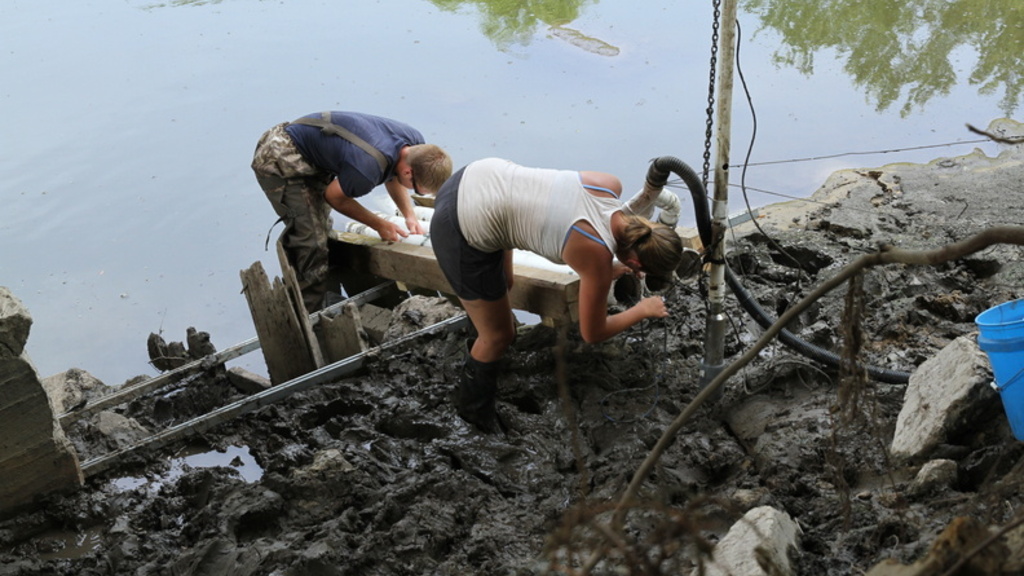The Central Iowa Source Water Resource Assessment (CISWRA) was commissioned by the Polk County Board of Supervisors in 2023 to provide an unbiased, comprehensive analysis of the Des Moines region's source water quality. This collaborative effort represents one of the most thorough scientific assessments ever conducted on Central Iowa's water resources.
On Wednesday, October 29, hundreds gathered at Big Grove Brewery in Iowa City for an encore presentation of findings from the Central Iowa Source Water Research Assessment (CISWRA) — a groundbreaking study providing the most comprehensive analysis of water quality in the Des Moines and Raccoon Rivers to date.
Key findings and recommendations were presented by a distinguished group of panelists who contributed to the landmark 227-page assessment, including: Larry Weber, IIHR director; Jerry Schnoor, professor emeritus, CEE; Mary Skopec, Lakeside Laboratory executive director; and Elliot Anderson, IIHR assistant research scientist. The report was developed over two years and was a $1 million investment in understanding Central Iowa’s water sources. A team of more than 16 scientists and water experts spent over 4,000 hours analyzing data for the report.
The discussion covered water quality conditions in the Des Moines and Raccoon Rivers, the sources and impacts of pollution affecting drinking water for more than 600,000 central Iowans, and science-based recommendations for improving source water quality. Panelists highlighted broader water quality implications on public health, recreation, and economic development, emphasizing the urgent need for continued action to protect Iowa’s vital water resources. The report provides a model for eastern Iowa and communities seeking to understand and identify solutions to water pollution challenges.
Featured News

Iowa water quality study shows pollutants nearly doubled in 50 years

JoCo, Polk County officials to discuss UI water monitoring system in need of $600,000

















